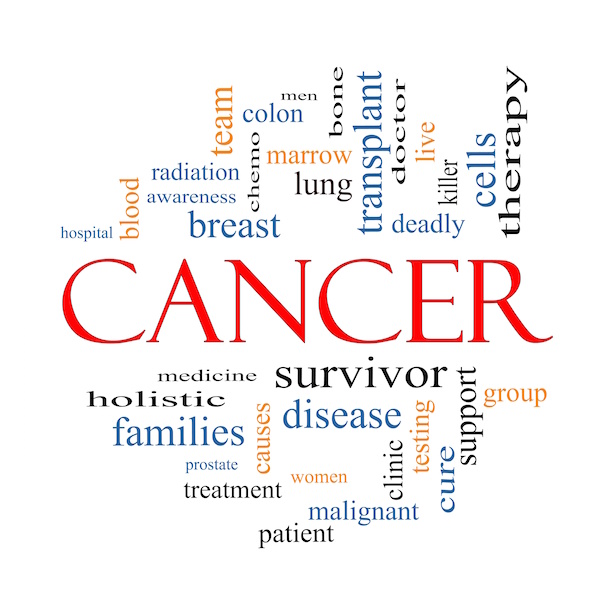
WEDNESDAY, Aug. 17 (HealthDay News) — The U.S. Food and Drug Administration on Wednesday gave its approval to Zelboraf (vemurafenib), a first-of-its-kind drug for the treatment of an often lethal form of melanoma.
The drug targets a gene mutation that’s present in about half of melanomas, the deadliest form of skin cancer.
“Zelboraf is a huge step forward in the fight against metastatic melanoma and the advancement of treatment for the deadliest form of skin cancer,” Dr. Anna Pavlick, director of the NYU Melanoma Program at the NYU Cancer Institute, New York City, said in a university statement. She took part in phase II and III trials of the drug and is an advisor to Zelboraf’s maker, Genentech.
“The approval of Zelboraf will make a significant impact on the survival and outcomes of advanced melanoma patients,” Pavlick added. “Patients taking the drug Zelboraf were 63 percent less likely to die from advanced melanoma than patients given standard chemotherapy alone,” she noted.
Another expert agreed that Zelboraf may be a potent weapon against melanoma for some patients.
The drug’s approval “represents a breakthrough accomplishment in targeting a therapy to a specific group of patients who can benefit,” Wendy K.D. Selig, president and chief executive officer of the Washington, D.C.-based Melanoma Research Alliance, said in a statement.
The FDA approval is specifically for patients with melanoma tumors that express a gene mutation called BRAF V600E.
BRAF typically helps regulate cell growth, but the variant of BRAF targeted by Zelboraf “is the abnormal gene mutation that allows melanoma cancer cells to spread,” Pavlick explained. “Since almost 50 percent of all melanoma tumors have the BRAF genetic mutation, this targeted drug therapy can be of great benefit to many patients.”
Along with the drug, the FDA also approved a companion test (made by Roche Molecular Systems) that will help determine if a patient’s melanoma cells have the BRAF V600E mutation. The first-of-a-kind test is called the cobas 4800 BRAF V600 Mutation Test.
“We now have the capability to analyze a patient’s melanoma tumor for the genetic mutation BRAF and use the targeted treatment Zelboraf to attack the tumor, shrink it and stop the progression of this deadly disease,” Pavlick said. “The drug comes in a simple pill form, taken twice a day.”
According to the FDA, Zelboraf’s approval came as part of an accelerated review program, and was based on a single international trial of 675 patients with late-stage melanoma with the BRAF V600E mutation who did not receive prior treatment. In the trial, patients received either Zelboraf or another cancer drug called dacarbazine. The median survival time after treatment was 8 months (64 percent still living) for patients in the dacarbazine group but has not been reached for patients in the Zelboraf group (77 percent still living), the agency said.
Still, not every person with melanoma will benefit from Zelboraf, and much more research is needed, the MRA’s Selig said.
“While the entire melanoma community applauds the breakthrough exemplified by vemurafenib [Zelboraf], the data demonstrate that tumors have the ability to develop resistance to the drug, causing patients to relapse,” she noted. “Additionally, because some patients with BRAF mutation do not respond to the drug and about half of patients do not have the mutation, finding additional new targets remains an ongoing urgent need.”
The most common side effects among patients taking Zelboraf were joint pain, rash, hair loss, fatigue, nausea and sun-related skin sensitivity. About 26 percent of the patients taking Zelboraf developed cutaneous squamous cell carcinoma, the second most common form of nonmelanoma skin cancer. It was managed with surgery.
Patients who take Zelboraf should avoid sun exposure, the FDA said.
According to the American Cancer Society, over 70,000 Americans are diagnosed with melanoma each year, and nearly 9,000 will die from the disease annually.
More information
The American Academy of Family Physicians has more about melanoma.

